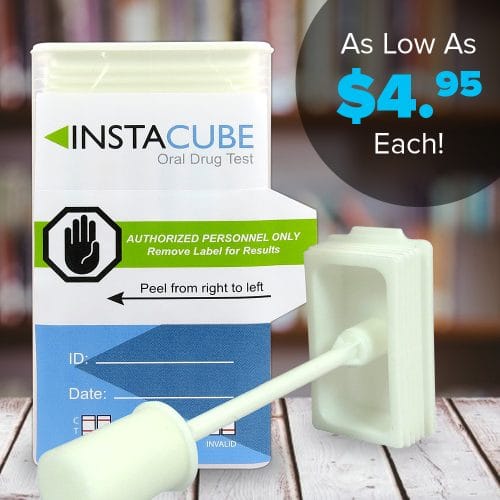Finding out that a family member or close friend is dealing with a drug or alcohol addiction can feel overwhelming. Often we don’t know where to go, or how to help, we may even be frustrated that they can’t control it on their own. Having a better understanding of addiction, and how to support someone entering recovery can give you the confidence you need to help them deal with addiction.
The first we need to do is to understand what addiction is and how someone we love ended up where they are. While many people may use drugs or alcohol to relax or forget the stresses of the day, addicts believe they cannot cope without them. Often their reality is based on idea that alcohol or drugs are the only thing that can help them. They can no longer manage their life without using. People who find themselves addicted often think that they cannot survive without the source of their addiction. This can lead to them being in a state of denial as they see their substance abuse as a something they are in control of, when in reality they have lost all ability to manage their addiction. They may start to withdrawal and cease contact with their friends and family. It can be tempting to remove yourself from the situation, when someone pushes you away it is natural to feel hurt and angry. But you have to remember it is the addiction that is at the root cause, and that the person you love is still there and they need your support more now than ever. Getting someone to admit they have a problem isn’t easy, but there are things that you can do to help get them into treatment. First learn about addiction, attend a meeting and talk with people in recovery, it will give you both hope and insight.
One of the more successful ways to get someone into recovery is to stage an intervention, but this is also risky. Make sure that you plan the intervention and work with friends and family to share what you have learned and to work with them outline what consequences will be placed on your loved one should they not enter treatment. If you do not feel comfortable handling an intervention on your own, you can always request help from a professional interventionist. They are skilled professionals with a background in mental health, they can also assist with planning to ensure the desired ending.
Have family members prepare statements to share how they have been affected by the addiction personally. It is important that these are honest statements, however you don’t want to make your loved one feel judged. Refrain from statements like “if you hadn’t been friends with that drug addict” or “if you could have controlled this”. While honesty is important, you need to make it personal about ow you feel, and how the addiction affects all of their friends and family.
If your loved one does agree to enter into a recovery center, have plans in place to get them there immediately. You don’t want to give them time to think about it, or even pack. Getting them into treatment immediately will keep them from changing their mind. Once you have them in a recovery center be there for them and offer support, it can be a long and difficult journey. It is important that you are there for them, but you have to be strong for them as well. You have to abide by the rules set by the recovery center, including not giving them money or taking them off site.
Be a cheerleader, share in their success, and encourage them when they are struggling. For most of us we never experience addiction or going through recovery treatment, so we need to be a patient and loving partner to our loved ones, even when it’s painful. What you give of yourself will be paid back tenfold when you see someone you love living a happy and healthy life.




